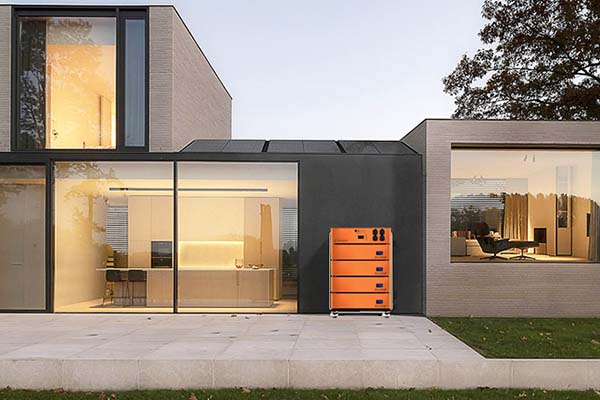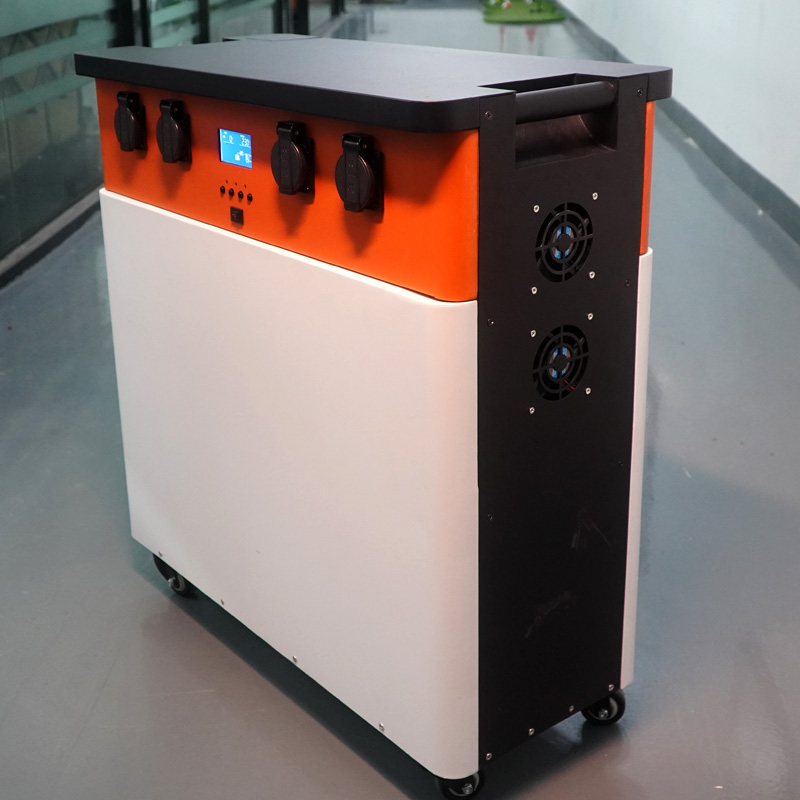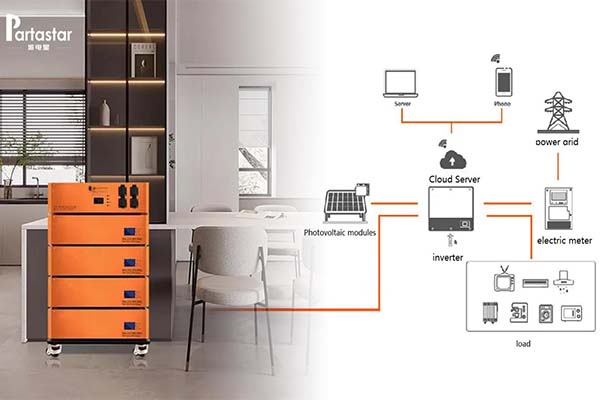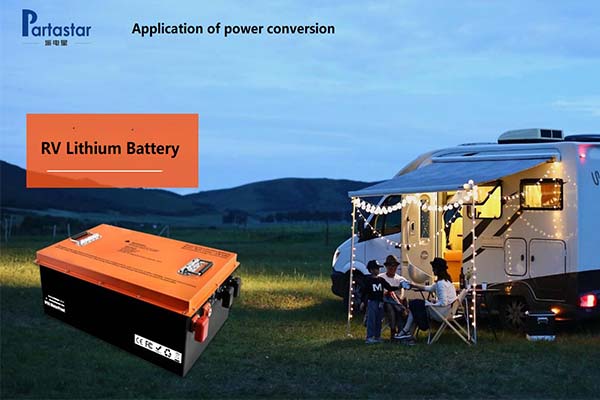Lithium battery power stations have become popular as portable and reliable sources of electrical energy. As homeowners seek alternative power solutions, a common question arises: Can a lithium battery power station effectively power an entire house? In this article, we will explore the feasibility of using a lithium battery power station as the primary power source for residential applications. We will examine the key factors to consider, including power requirements, battery capacity, and system integration, to provide a clear viewpoint on the subject.
1. Power Requirements:
The first consideration when assessing whether a lithium battery power station can power a whole house is to evaluate the power requirements of the residence. A typical household may have various energy-consuming appliances and systems, including:
a. Essential Appliances: Determine the power consumption of essential appliances such as refrigerators, lighting, fans, and communication devices. These are typically low-power appliances that can be easily supported by a lithium battery power station.
b. High-Power Appliances: Identify high-power appliances like air conditioning units, electric ovens, water heaters, and laundry machines. These appliances have significant power demands and may require alternative power sources or larger battery capacities to operate effectively.
c. Peak Power Demands: Consider peak power demands, such as when multiple appliances or systems operate simultaneously. These peak loads may exceed the power output of a standard lithium battery power station, necessitating additional power sources or a larger capacity system.

2. Battery Capacity:
The battery capacity of a lithium battery power station is a crucial factor in determining its ability to power a whole house. The capacity of the power station should be sufficient to meet the energy demands of the residence during power outages or off-grid scenarios. Factors to consider include:
a. Energy Storage: Evaluate the energy storage capacity of the lithium battery power station, typically measured in watt-hours (Wh) or kilowatt-hours (kWh). Calculate the total energy consumption of the house over a specific period (e.g., 24 hours) to ensure the power station can provide the required energy.
b. Depth of Discharge (DoD): Consider the recommended depth of discharge for the lithium battery. Operating the battery within its specified DoD range ensures optimal performance, extends battery life, and prevents over-discharging.
c. Expandability: Some lithium battery power stations offer expandable storage options, allowing users to increase the capacity by adding additional battery modules. This feature enables homeowners to scale up their power systems as their needs evolve.
3. System Integration and Backup Options:
Integrating a lithium battery power station into the whole-house power system requires careful consideration of the following:
a. Inverter Capacity: Ensure that the power station has an inverter with sufficient capacity to handle the maximum power requirements of the house. The inverter should provide stable and clean power to support sensitive electronics and appliances.
b. Charging Options: Evaluate the available charging options for the power station. Some models can be charged from multiple sources, including solar panels, grid power, or a generator. This versatility allows homeowners to maintain a consistent power supply, even during extended outages.
c. Backup Power Sources: Depending on the power demands of the house and the battery capacity, it may be necessary to have alternative backup power sources, such as a generator or grid connection. These backup options can provide additional power during periods of high demand or when the lithium battery power station requires recharging.
While lithium battery power stations offer a convenient and portable power solution, their ability to power an entire house depends on several factors. Evaluating the power requirements of the residence, battery capacity, and system integration options is critical. In some cases, a lithium battery power station may be suitable for powering essential appliances, lighting, and low-power devices. However, high-power appliances and peak load scenarios may require supplemental power sources or larger battery capacity. It is essential to carefully assess the specific needs of the house and consult with professionals to determine the most suitable power solution.



